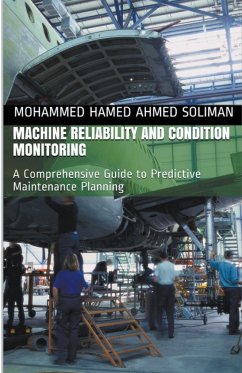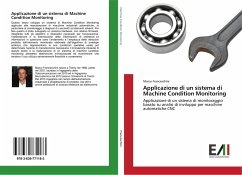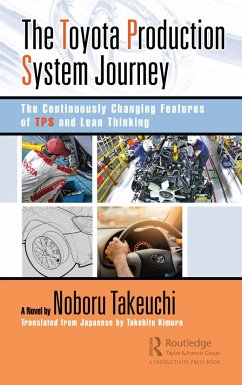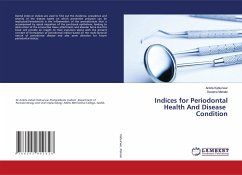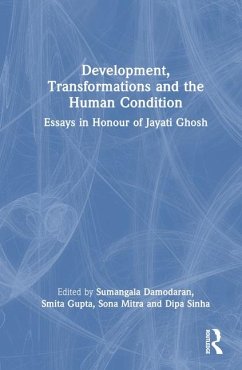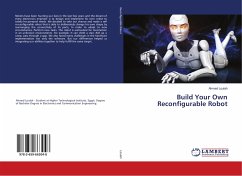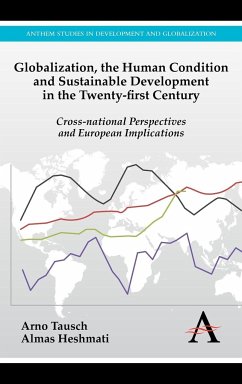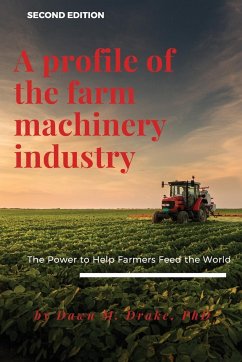
Machinery Oil Analysis & Condition Monitoring
A Practical Guide to Sampling and Analyzing Oil to Improve Equipment Reliability
Versandkostenfrei!
Versandfertig in 1-2 Wochen
19,99 €
inkl. MwSt.

PAYBACK Punkte
10 °P sammeln!
Oil analysis (OA) is a cornerstone of predictive maintenance, offering critical insights into lubricant quality, machinery condition, and wear trends. By examining a lubricant's properties, suspended particles, and wear debris, OA helps identify potential issues before they become costly failures, enabling proactive maintenance and improved equipment reliability. Rooted in the principles of tribology-the study of wear in machinery-oil analysis provides long-term, actionable data that becomes increasingly predictive over time. A well-designed oil analysis program can surpass many other monitori...
Oil analysis (OA) is a cornerstone of predictive maintenance, offering critical insights into lubricant quality, machinery condition, and wear trends. By examining a lubricant's properties, suspended particles, and wear debris, OA helps identify potential issues before they become costly failures, enabling proactive maintenance and improved equipment reliability. Rooted in the principles of tribology-the study of wear in machinery-oil analysis provides long-term, actionable data that becomes increasingly predictive over time. A well-designed oil analysis program can surpass many other monitoring techniques in its ability to forecast maintenance needs and extend equipment life. This book equips practitioners with everything needed to develop and implement a robust oil analysis program, including:Step-by-step guidance on building an effective oil monitoring program Practical techniques for sample collection, testing, and trend analysis Three real-world case studies illustrating program implementation Numerous industrial examples to enhance condition monitoring and machine reliability Whether you are a maintenance engineer, reliability professional, or plant manager, this guide provides the tools and insights to maximize equipment performance, reduce downtime, and optimize lubrication practices.



